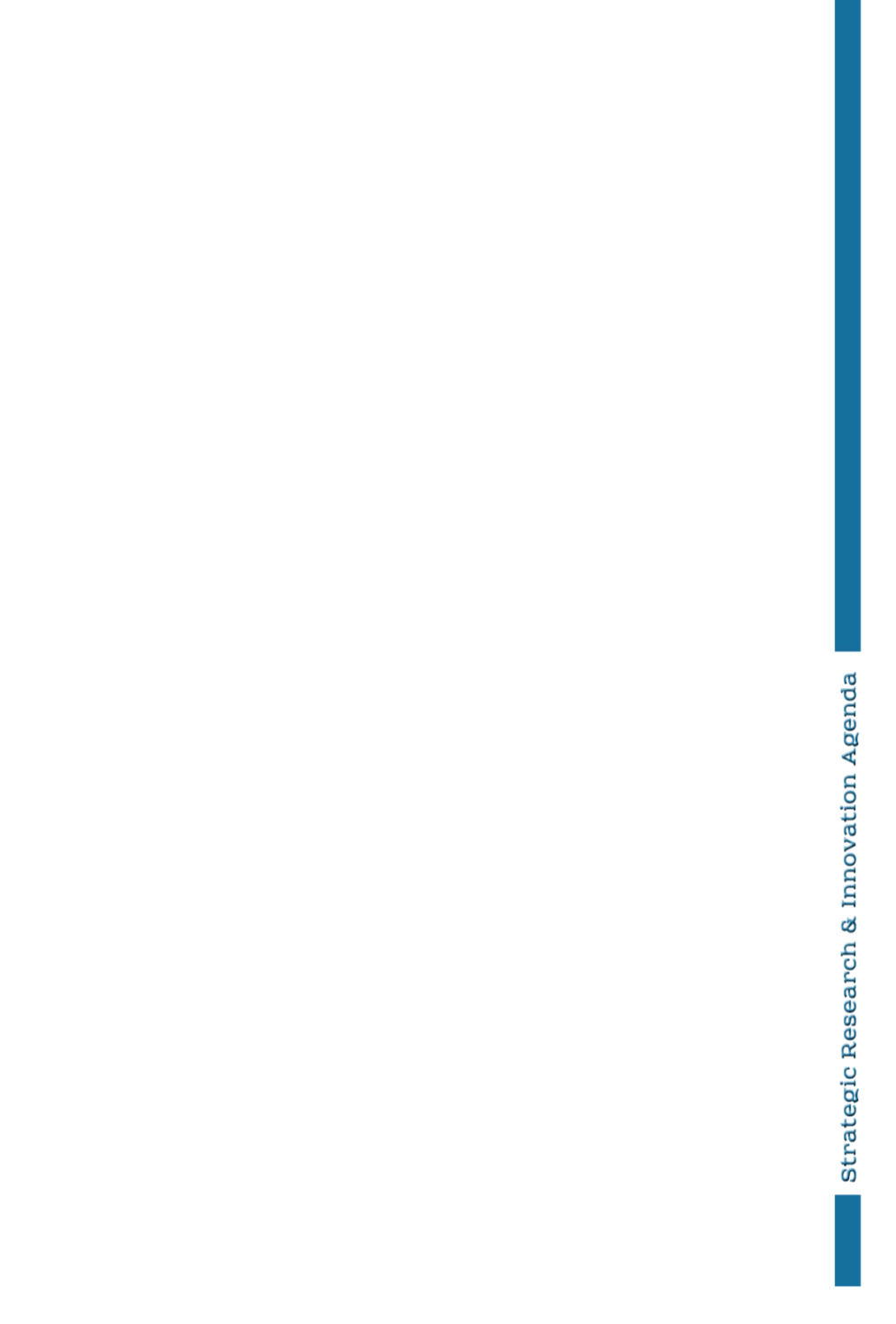
3.4.2 Reducing Soil and Water Pollution
Efforts to reduce farming-induced soil and water pollution have not yet removed farming as
the major cause for poor soil and water quality in certain parts of Europe. Along with farming
activities, sewage treatment plants and industrial discharges represent the most important
sources of pollution in Europe (EEA, 2008
20
). Regarding agricultural, forestry and aquacultural
water pollution, nutrients from fertilisers (mainly nitrogen and phosphorus), pesticides and their
metabolites, pathogenic microorganisms excreted by livestock and organic pollution from ma-
nure, are regularly detected in water bodies at levels sufficiently high to affect aquatic and ri-
parian ecosystems. Research is needed to develop a range of cost-effective in-situ measures
to use inorganic and organic fertilisers and pesticides more efficiently. Substantial reductions
in pesticide use can be achieved through modifying crop rotations and sowing dates, selecting
more pest‑resistant crop varieties, and designating buffer strips along water courses. New for-
mulations, advanced application techniques, assessment of environmentally safe crop require-
ments and leaching prevention constitute additional relevant research lines. Sustainable
agrochemical consumption patterns may also be effectively achieved through a mix of policy
responses, involving regulation, economic incentives and information-based instruments, in-
cluding awareness-raising campaigns. This subtheme will feed crop technology, and bio-econ-
omy policies with site-specific research oriented towards the sustainable intensification of
farming and land-use activities.
43


